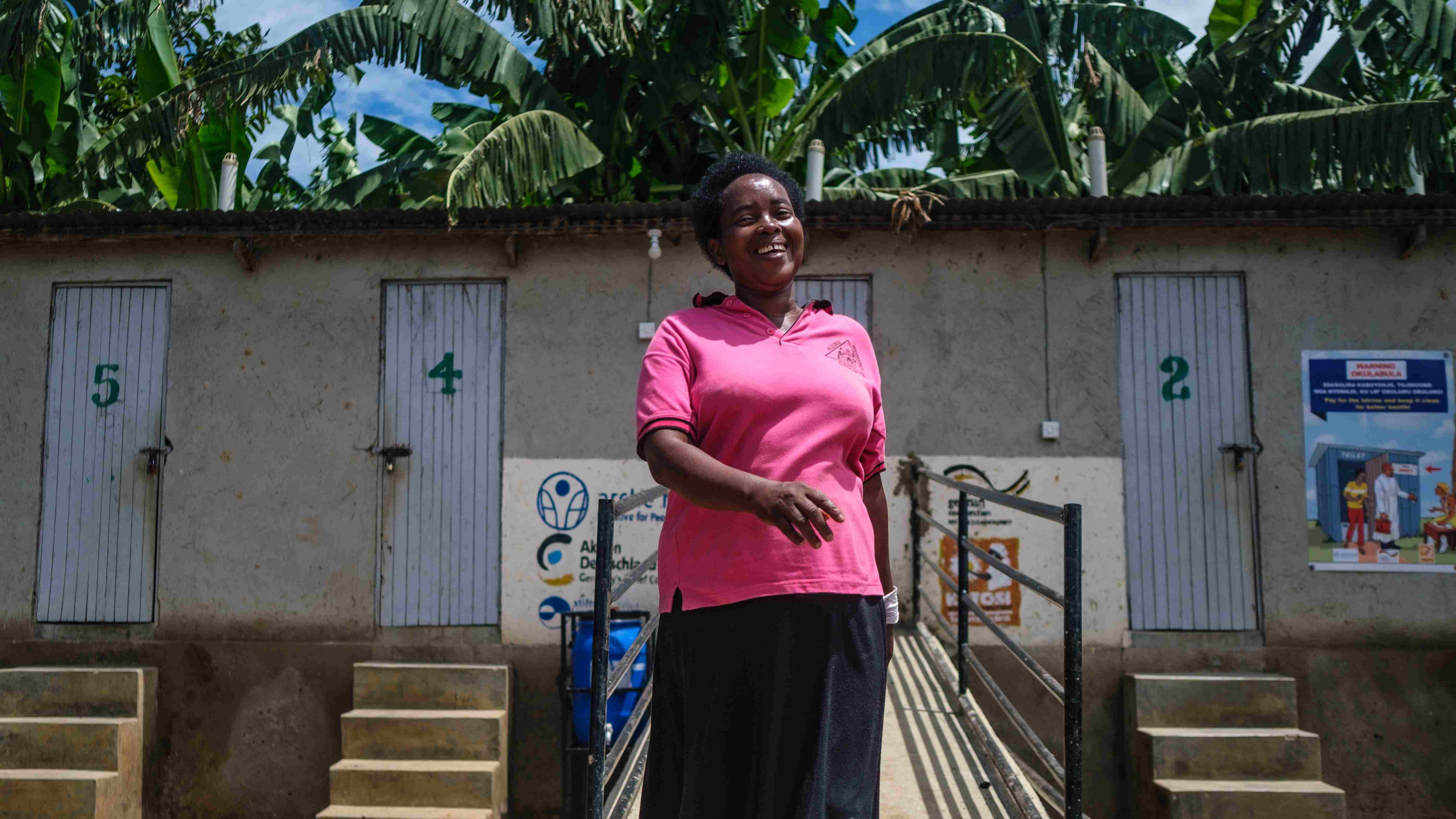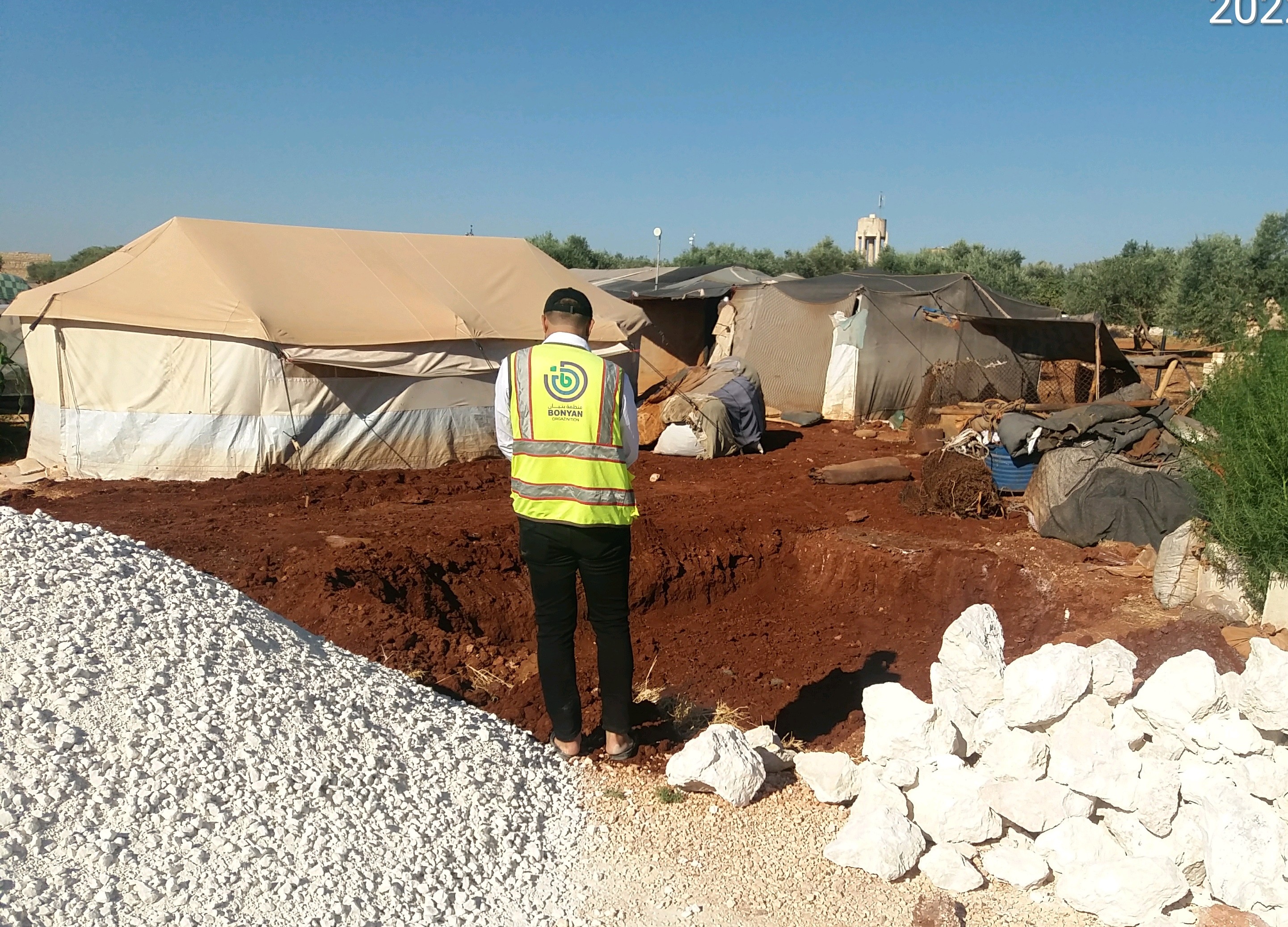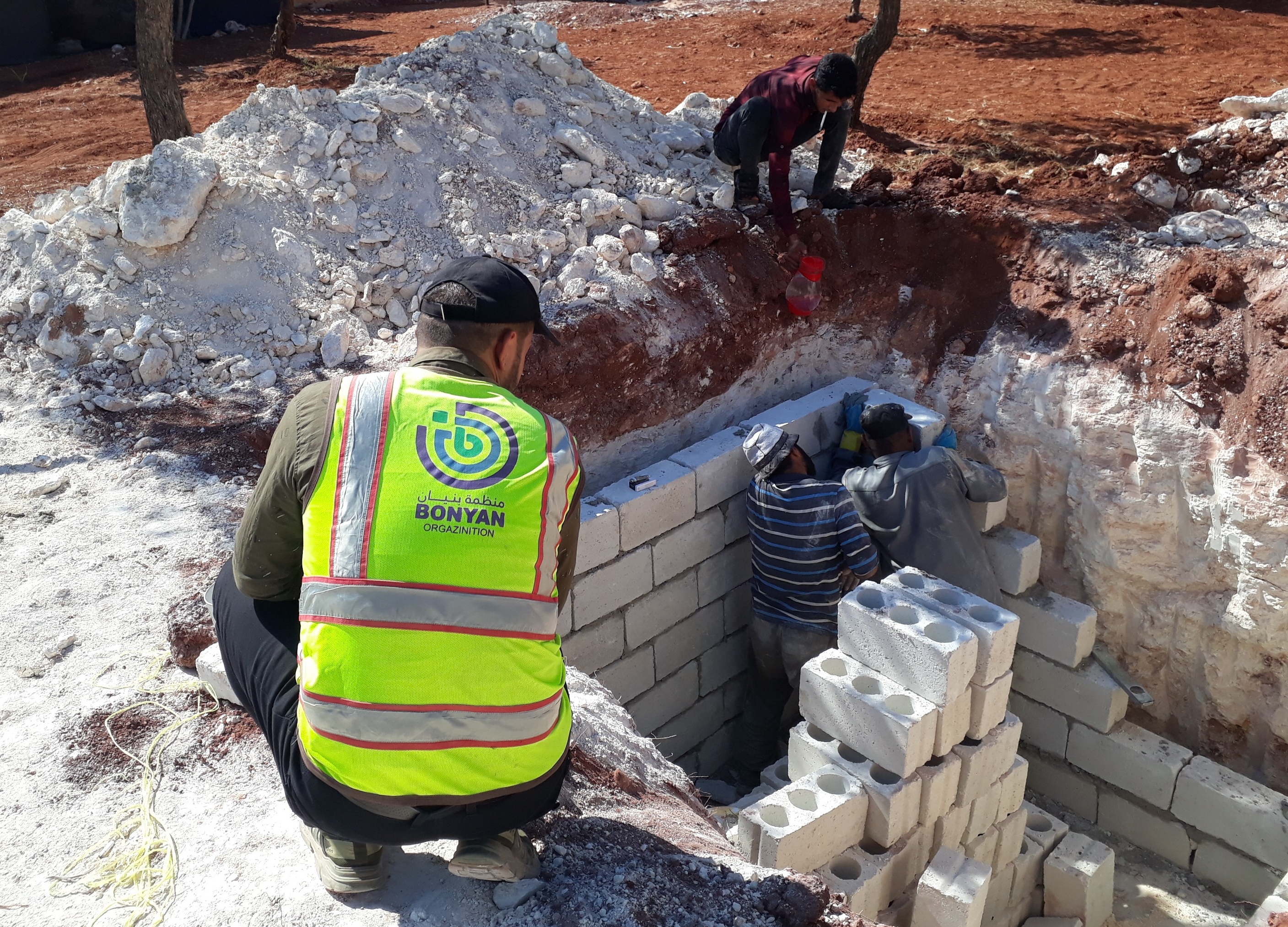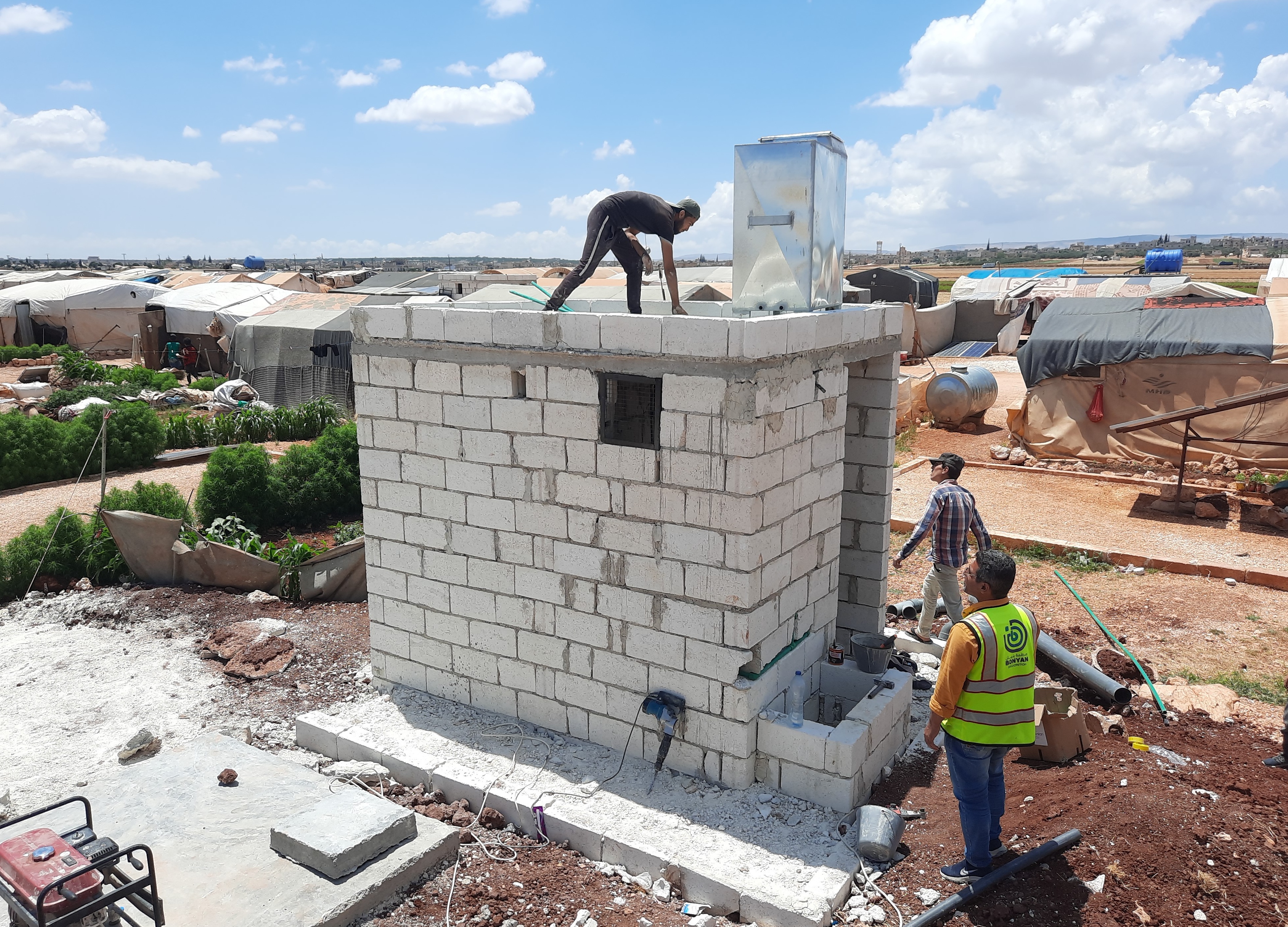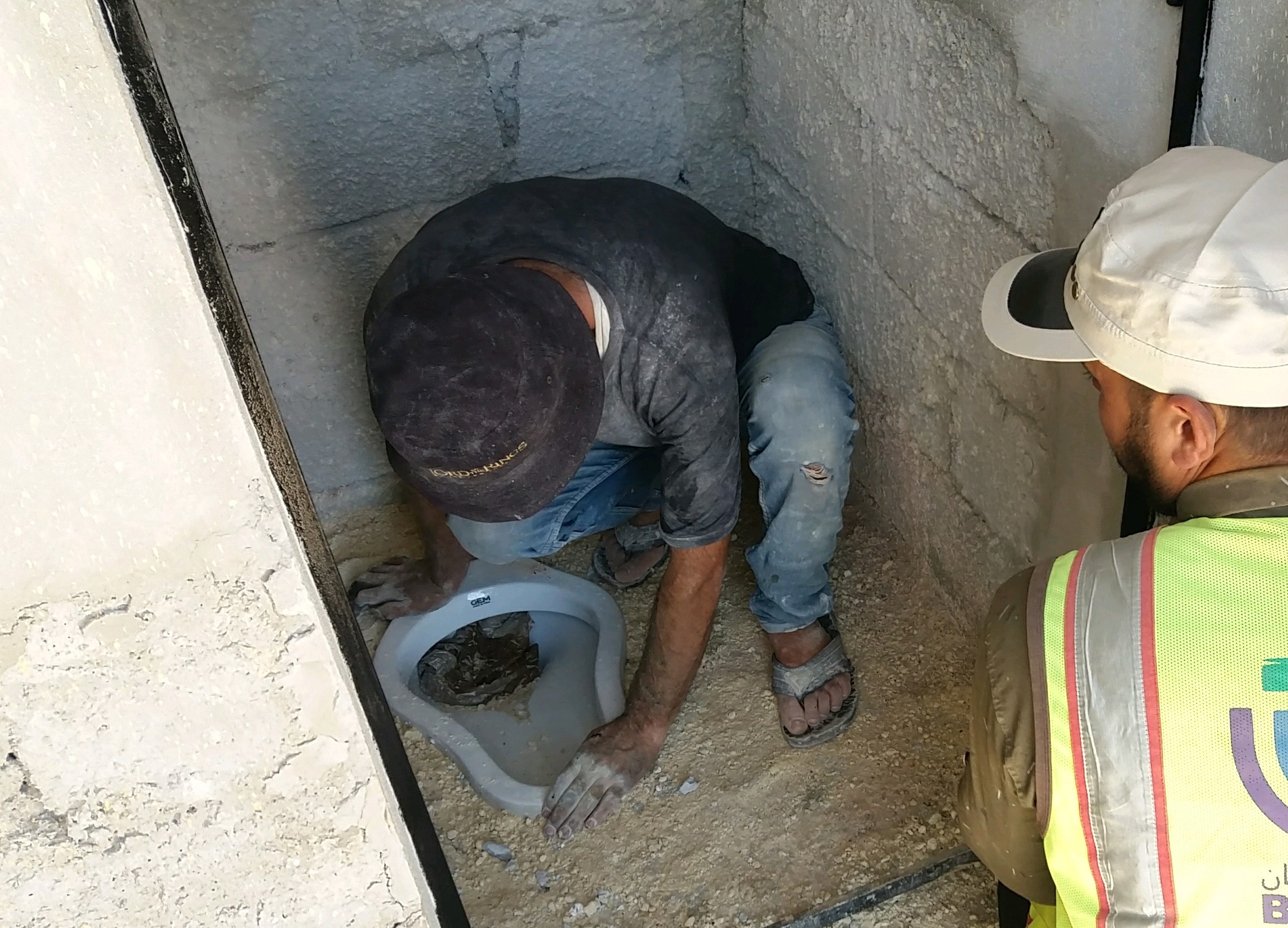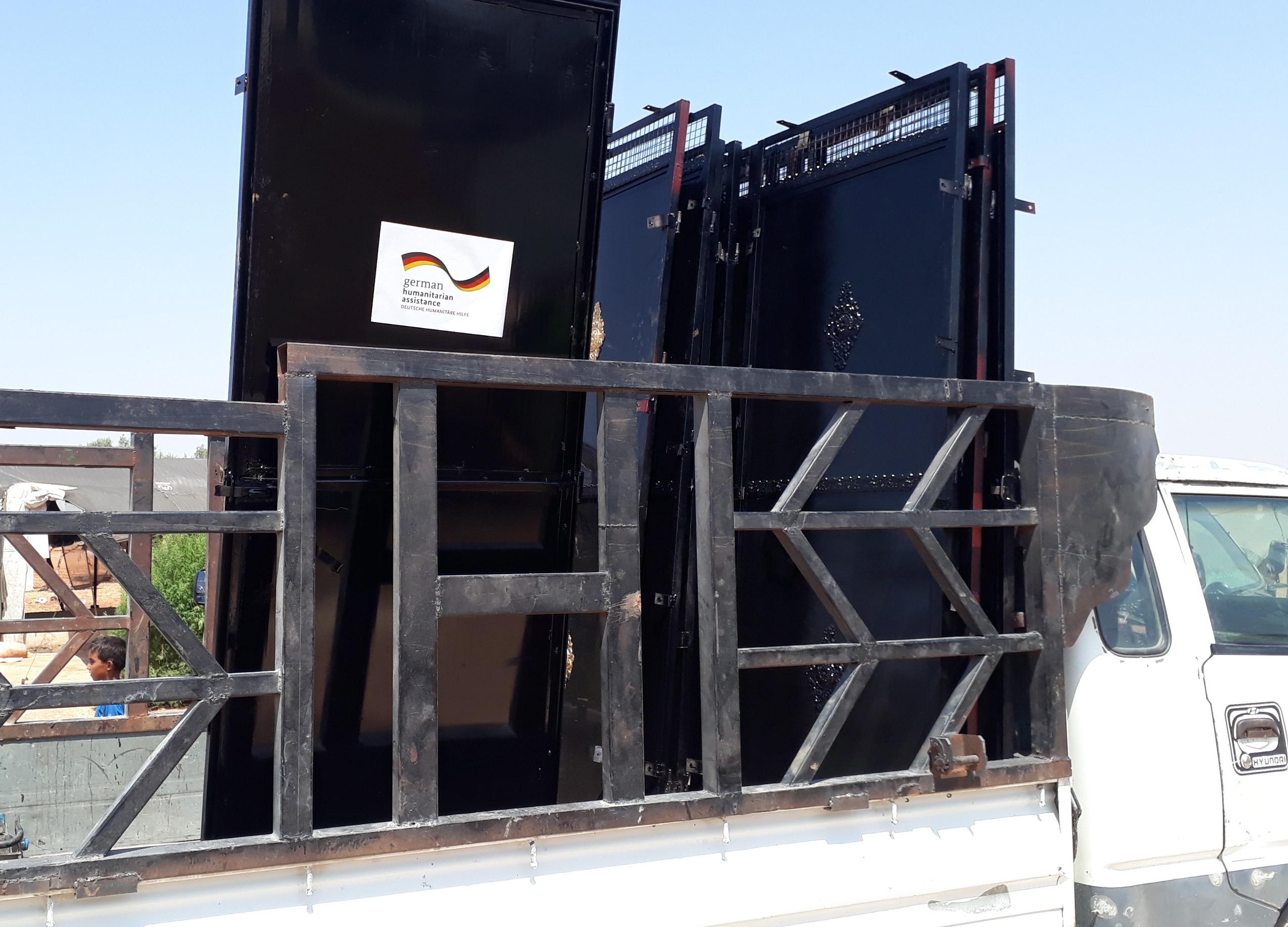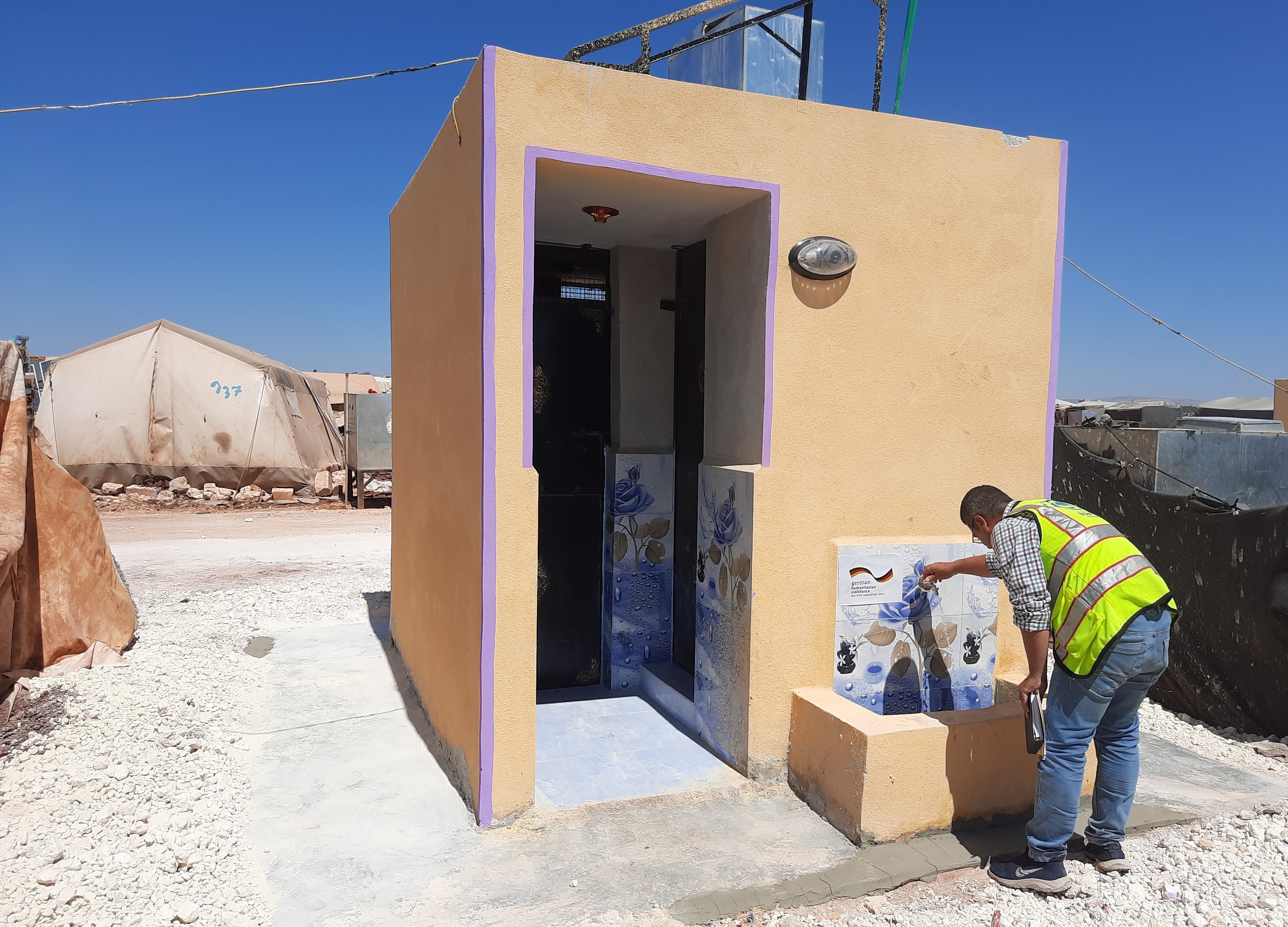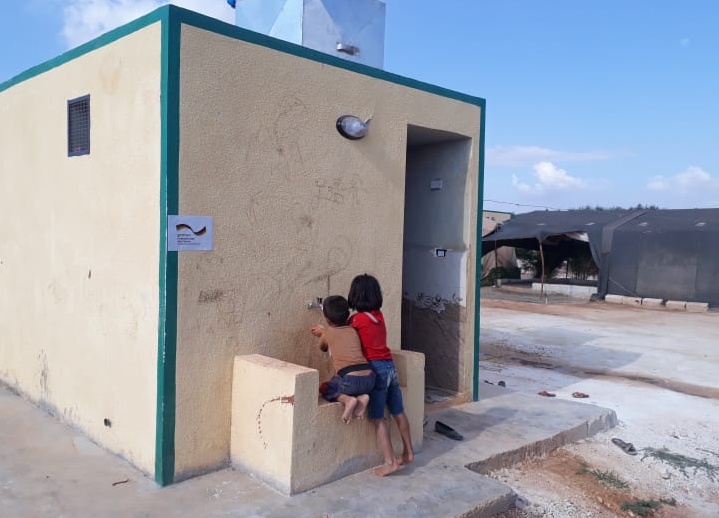On the occasion of World Toilet Day, arche noVa draws attention to the emergency in the field of sanitation worldwide. With this, we are bringing a taboo to light.
Lack of toilets causes diseases and exclusion
Around 3.6 billion people worldwide have no access to hygienic toilets. As a result, faeces end up in the soil, rivers and lakes and contaminate drinking water. Waterborne diseases such as diarrhoea, bilharzia, typhoid or cholera can spread more easily as a result. For women and girls, the lack of access to toilets also means gender inequality and social exclusion.
Those who need menstrual hygiene need enough space, a shelter and disposal facilities for the hygiene products - in other words, well-equipped toilets. Women also urgently need access to sanitary facilities, because otherwise they can easily become victims of sexualised assaults if they squat in the open, uncovered. Last but not least, girls regularly miss classes due to menstruation if there are no school toilets. This means they have poorer educational opportunities. The same applies to women because they are excluded from working life.
arche noVa builds toilets in crisis areas
Since 1992, arche noVa has been committed to the issue of sanitation worldwide. One focus is the aid in crisis and conflict regions. In Syria, for example, arche noVa builds and maintains sanitation systems for people who live in informal settlements due to the war that has been going on for almost twelve years. But also in numerous other countries like Iraq, Somalia or Myanmar, arche noVa organises the construction of toilets together with local partners. In 2022 alone, arche noVa has already built more than 420 toilets.
World Toilet Day important for global development goals
Since 2001, World Toilet Day has been drawing attention to the importance of toilets every year on 19 November, and since 2013 it has been an official United Nations World Day. With the Development Goals, the global community has committed itself to guaranteeing all people the human right to water and sanitation, which has existed since 2010, by 2030.

